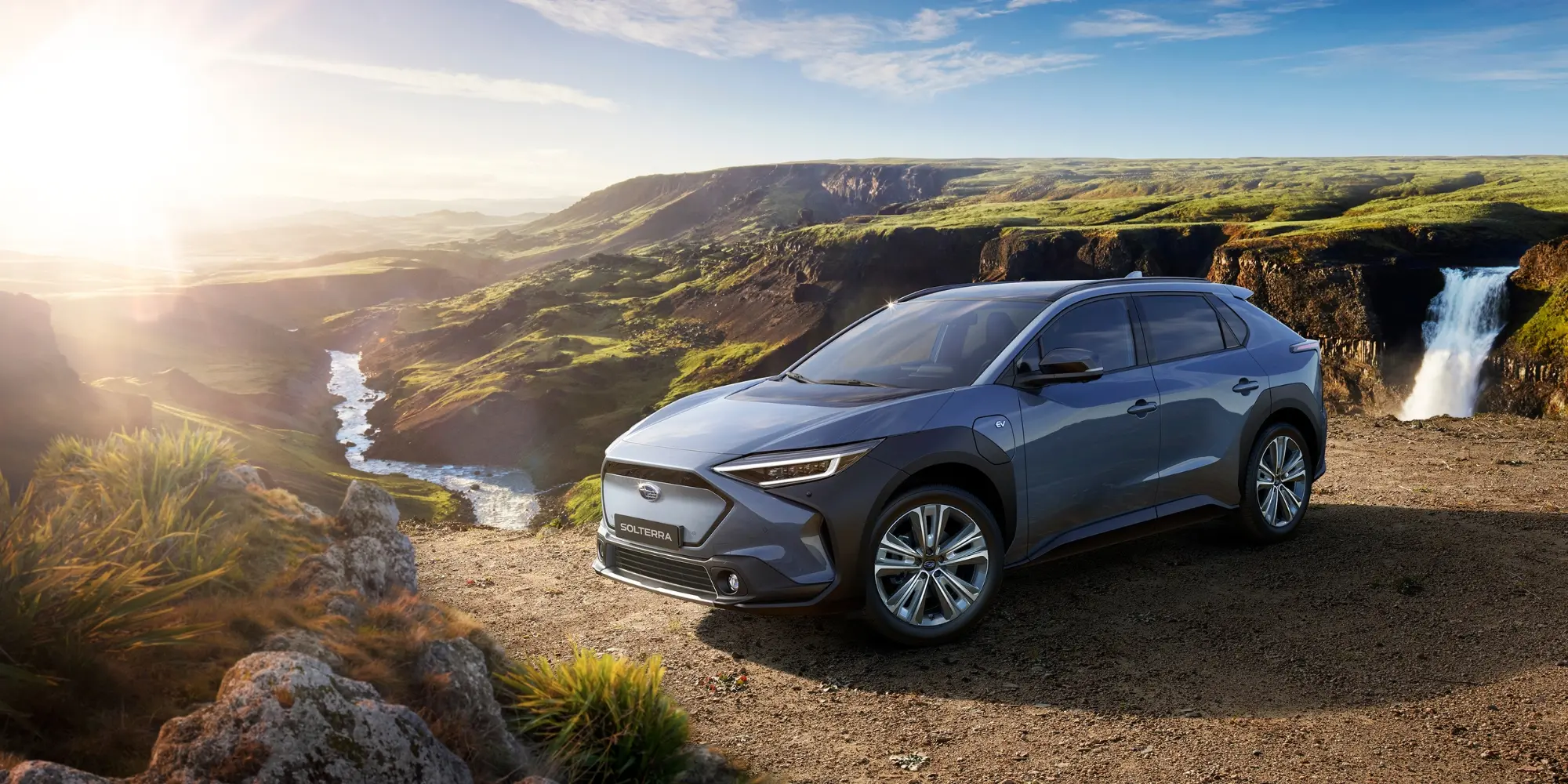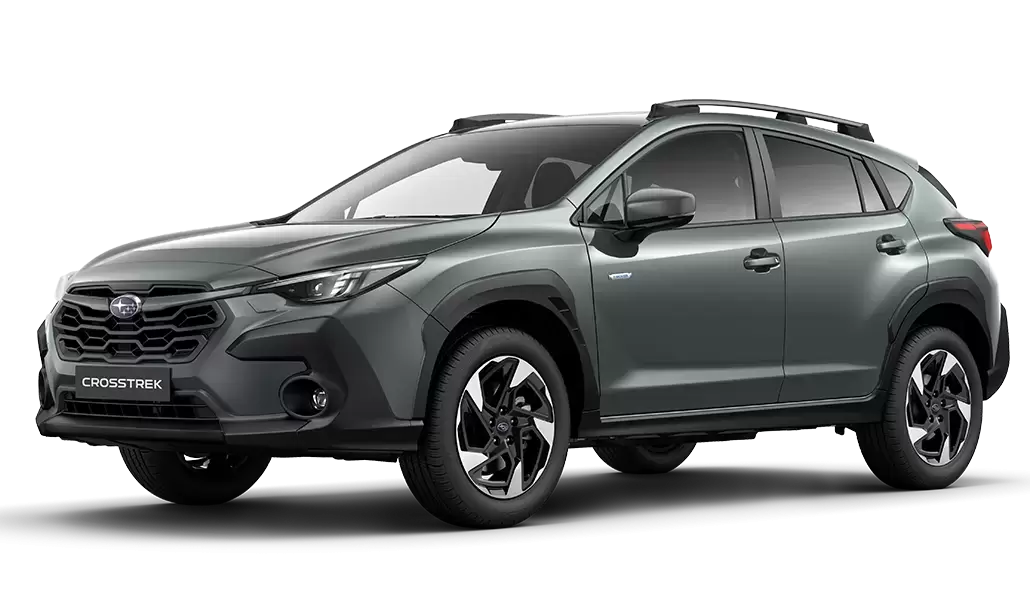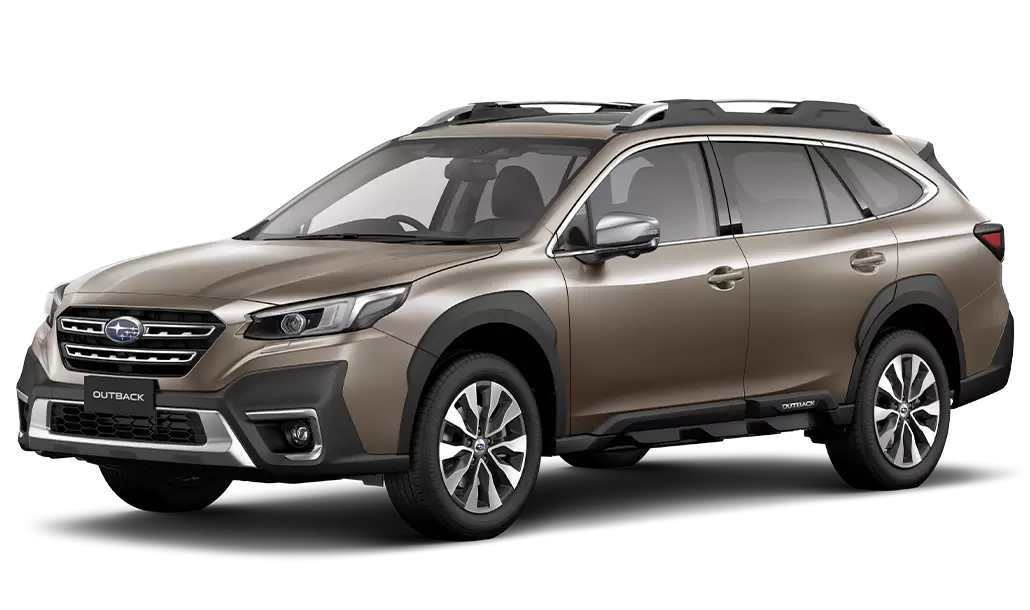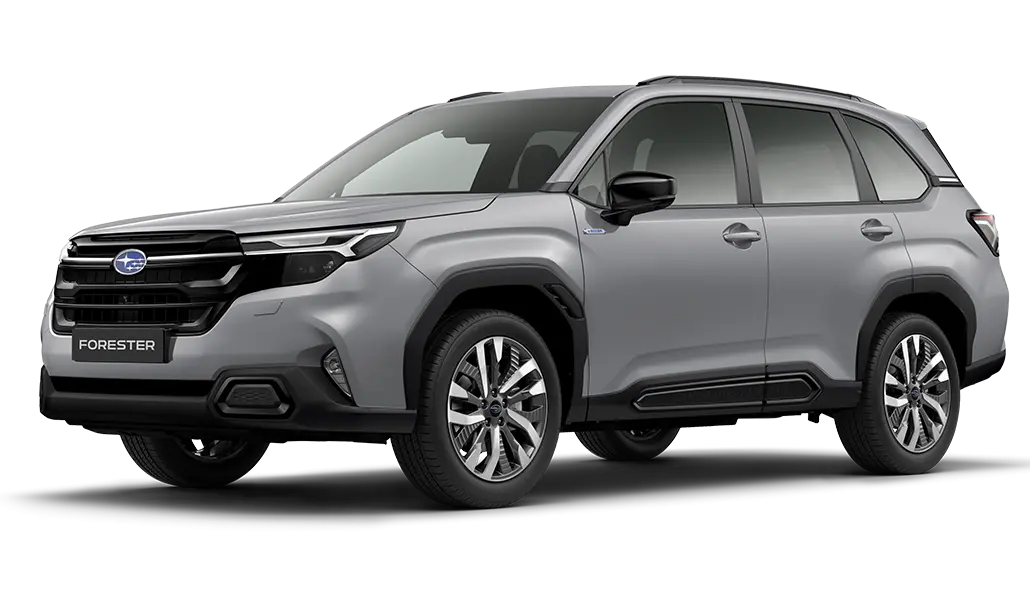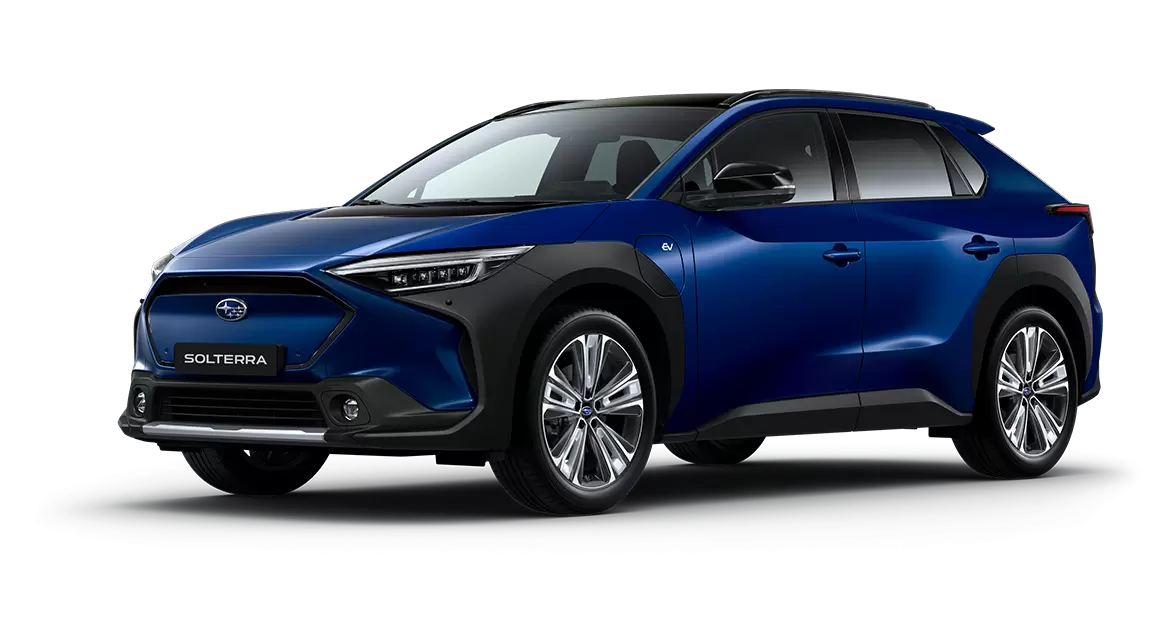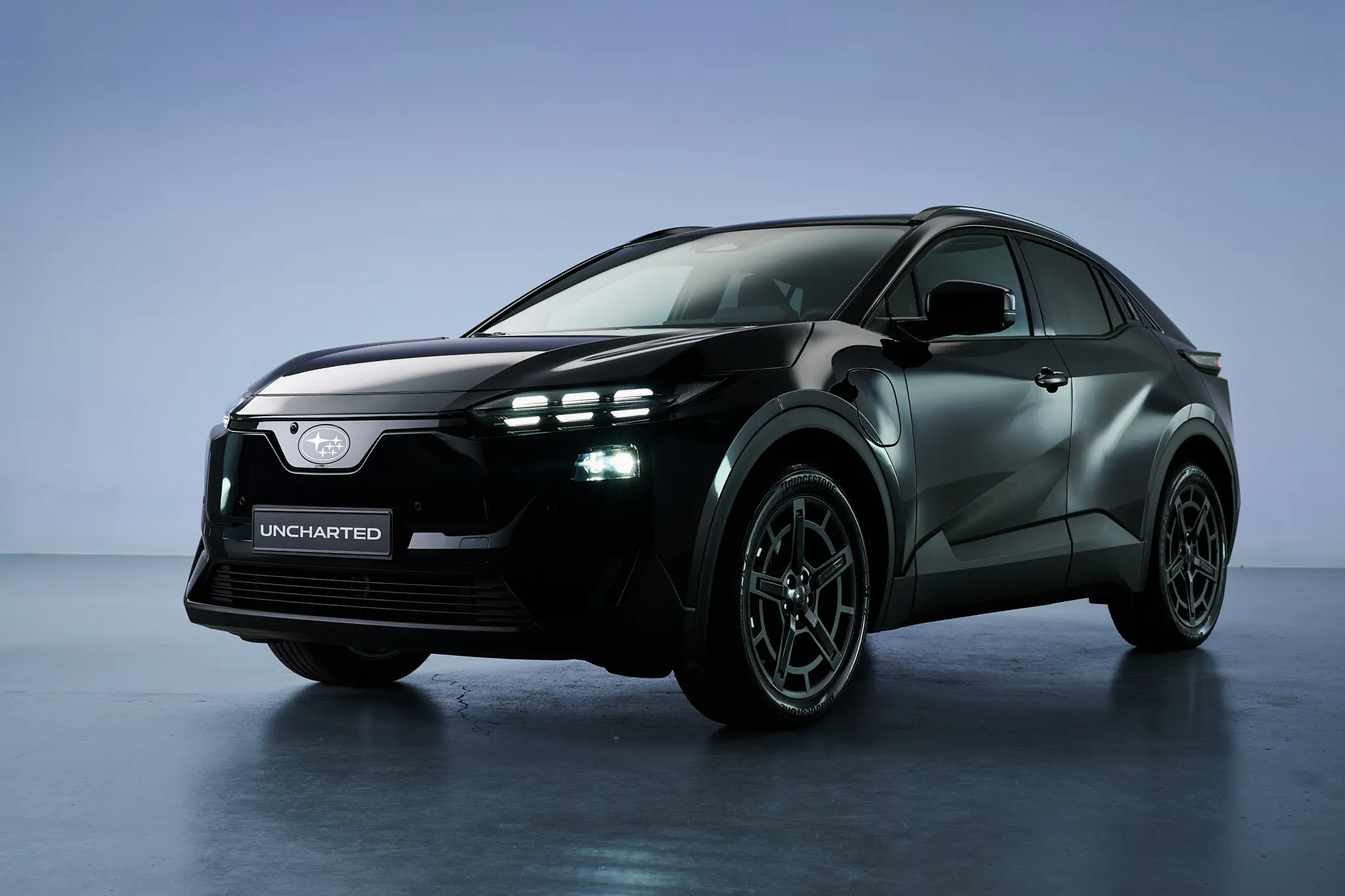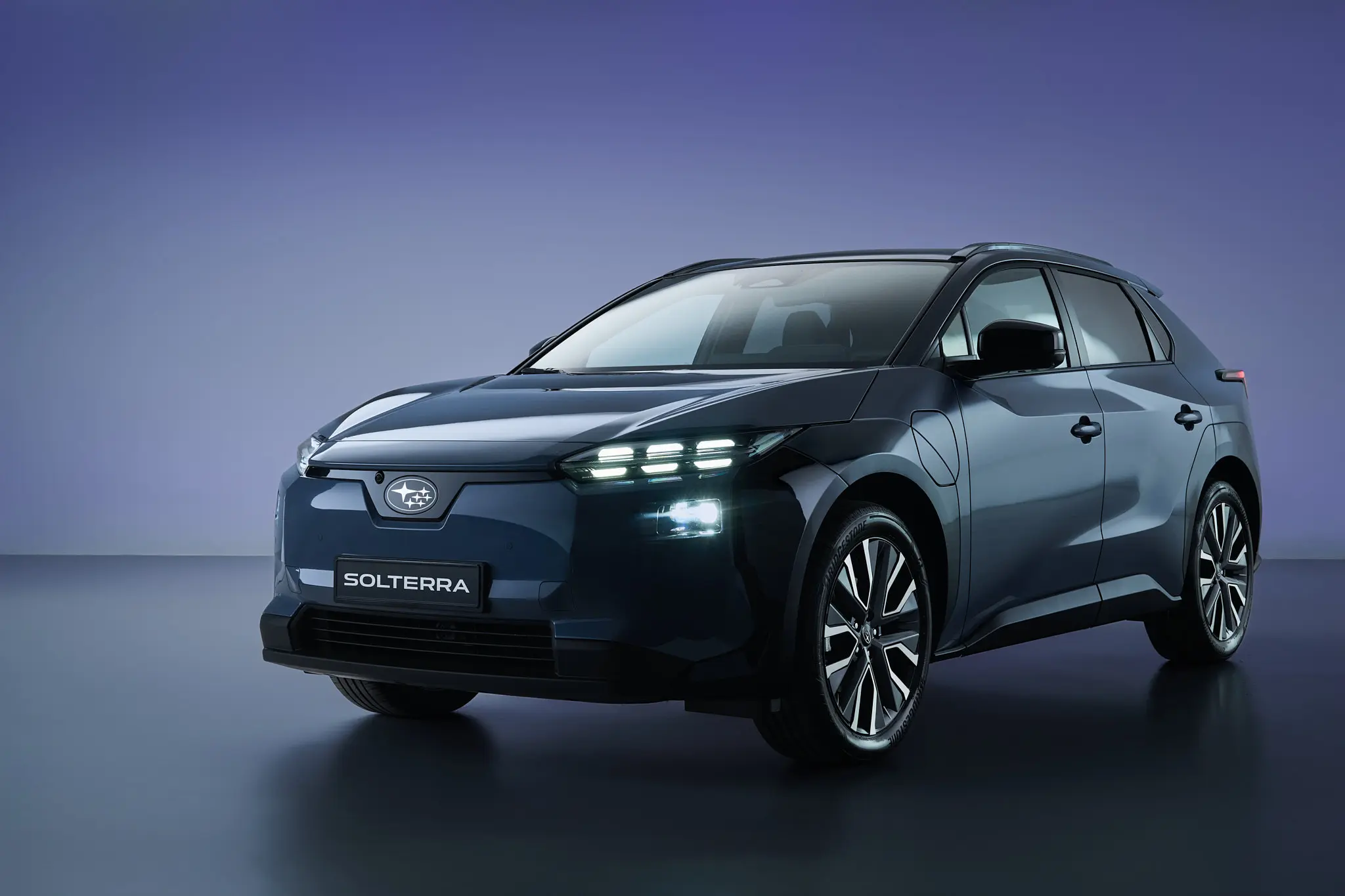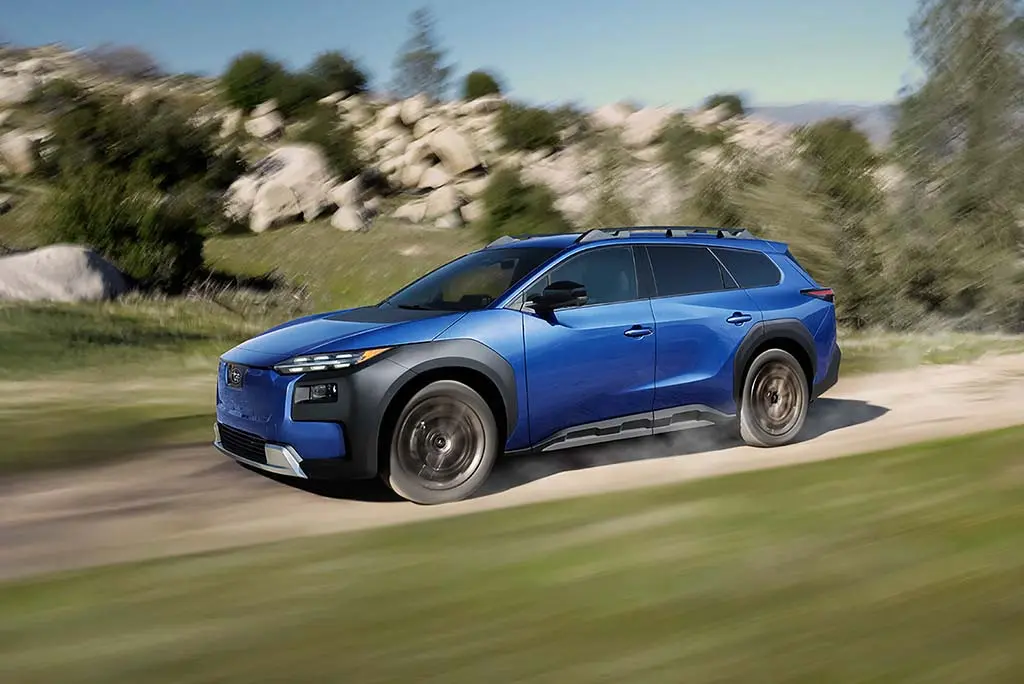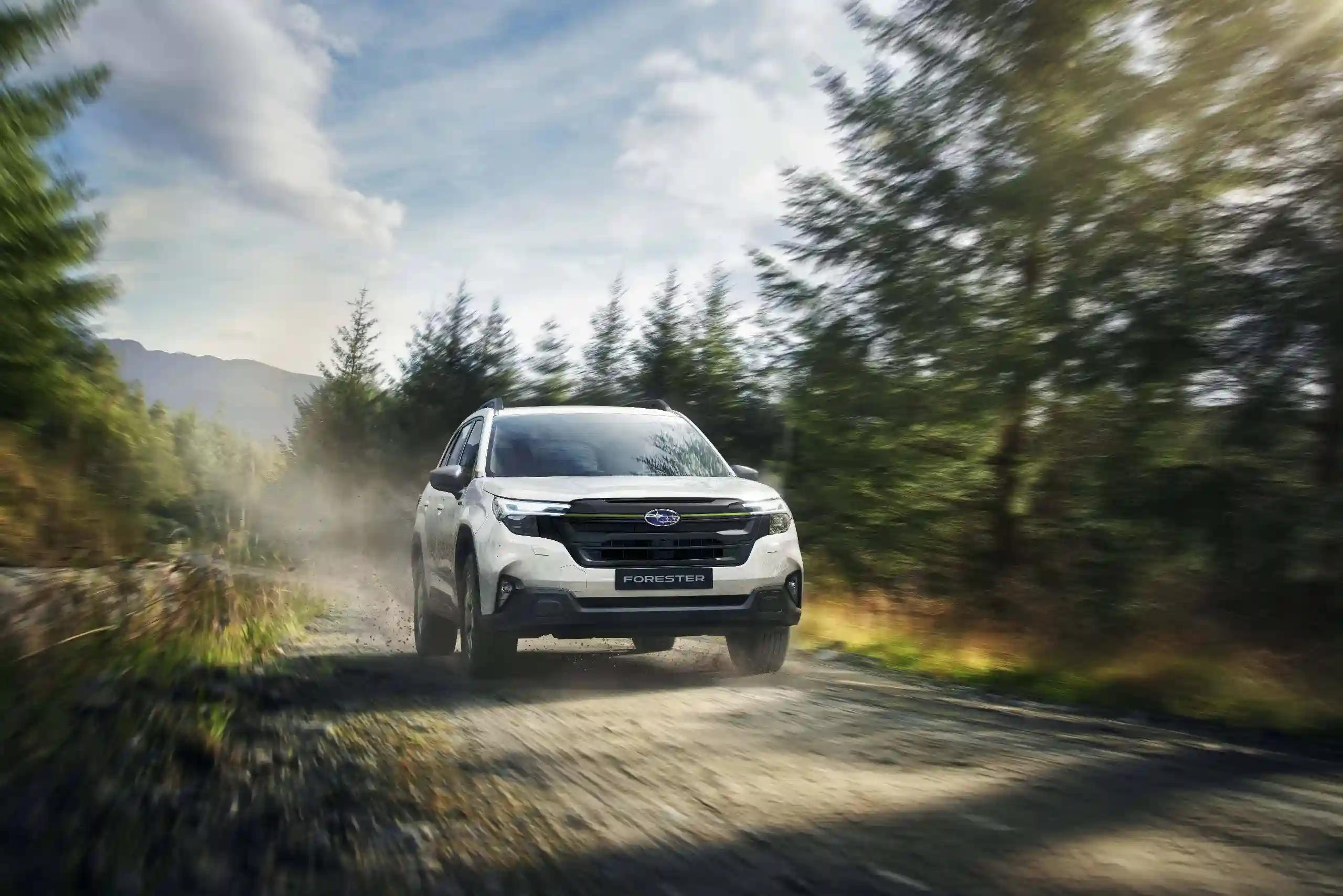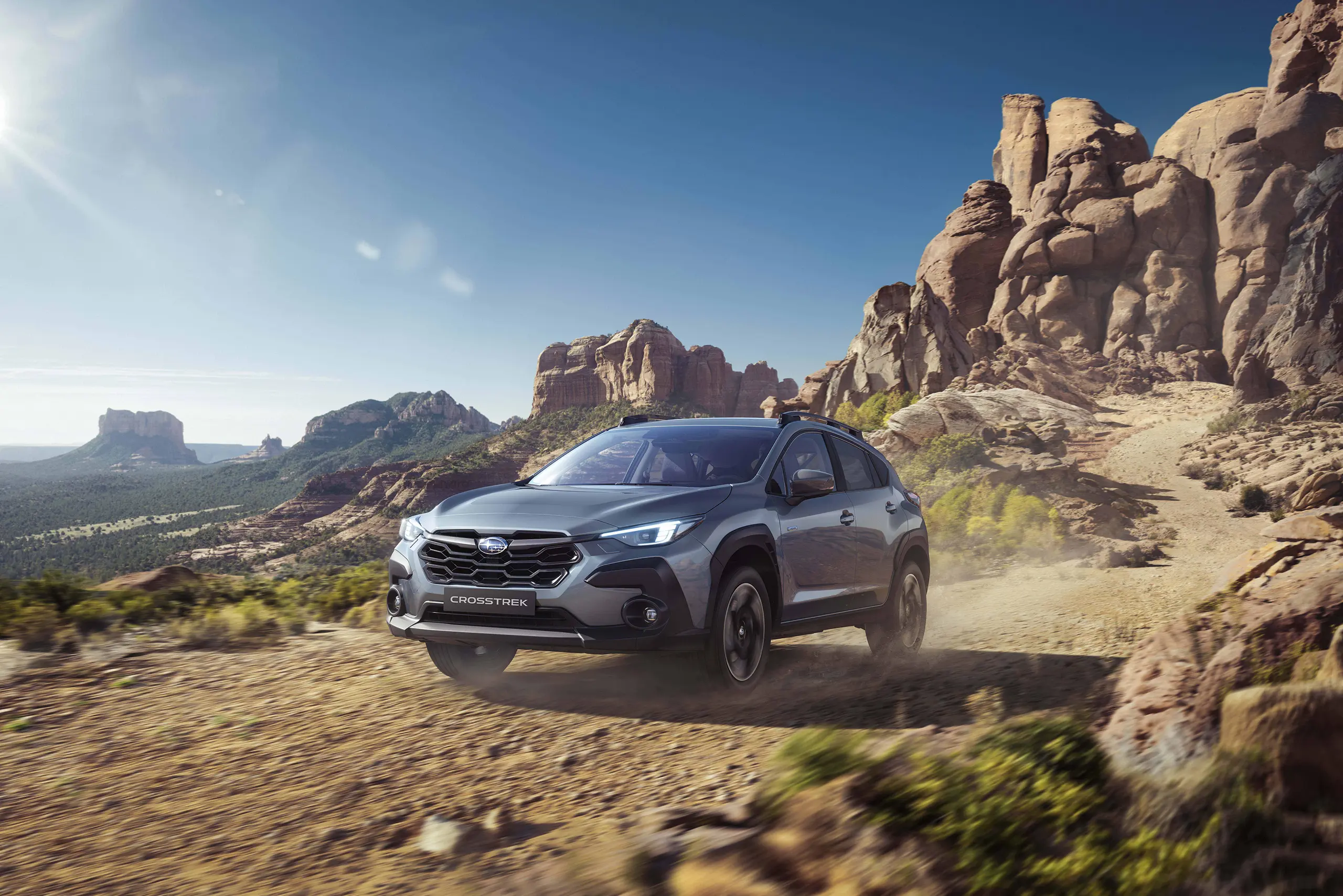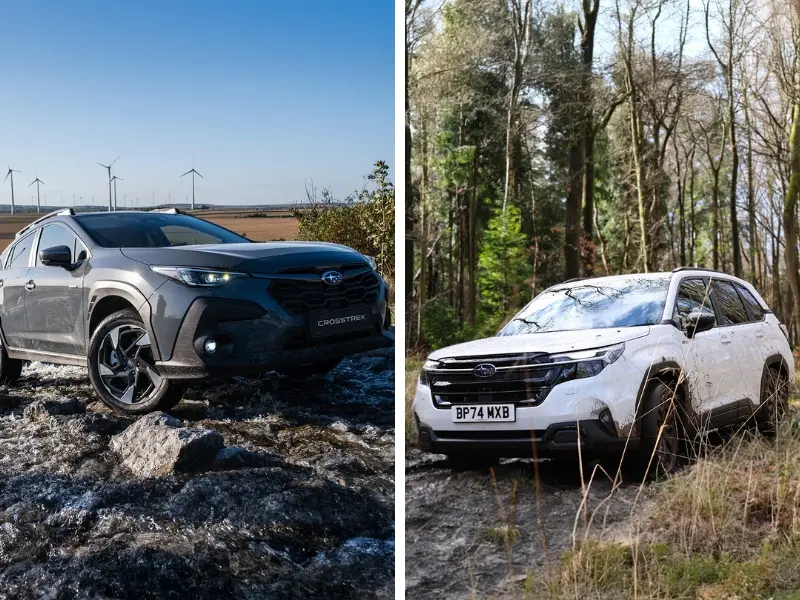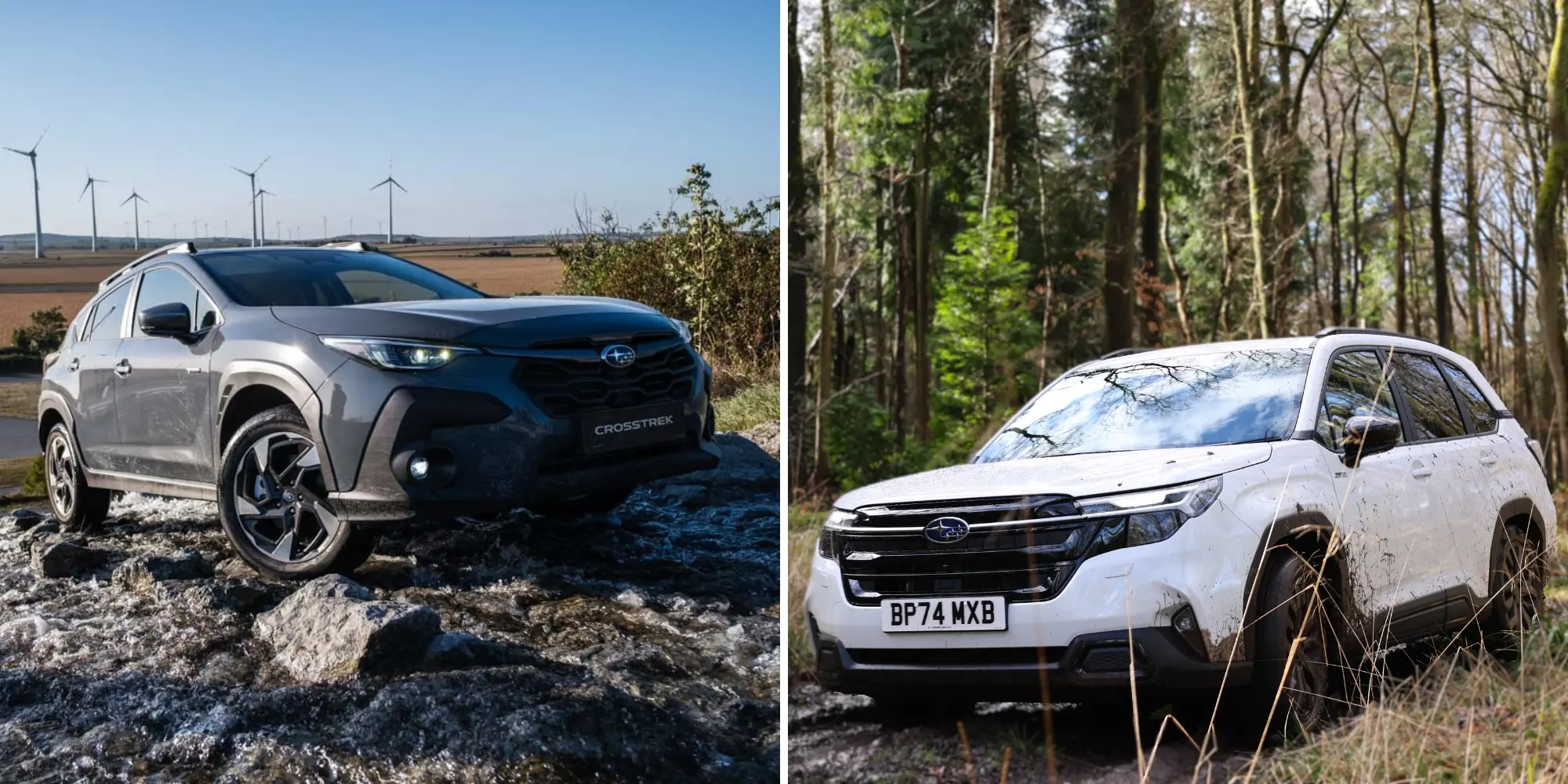SUV vs Crossover: The Top Differences Revealed
Wondering about the differences between an SUV and Crossover? We’ve
got you covered. Whilst both terms are used frequently, there is a technical
difference between them that could affect the way you search for your new car! Our
SUV vs Crossover
guide breaks down the differences, so you know exactly which car will fit your
lifestyle and budget the best.
What is an SUV?
‘SUV’ stands for sports utility vehicle. SUVs use a truck
chassis on which the engine and body are mounted. This architecture makes them
heavy, sturdy and perfect for off-road adventures and even towing.
An SUV combines elements of both off-road and on-road
vehicles. You can expect off-road features such as frames that sit high off the
ground, powerful capabilities to tackle different terrains and plenty of space.
The majority of SUVs are built with four-wheel drive which is why they are
often called 4x4s.
What is a crossover?
Crossovers combine features of both SUVs and regular cars.
They are built on a car platform and use an architecture known as ‘unibody’,
which means that the body and frame are made as a single structure. The
crossover is much lighter than an SUV and therefore oftentimes comes with
better fuel economy.
CUV vs SUV:
what’s the difference?
‘CUV’ stands for Crossover Utility Vehicle. You might see a
crossover also being referred to as a CUV. These terms are used
interchangeably. A CUV has a lighter chassis compared to a heavier SUV.
What is the difference between a crossover and an SUV
SUVs and Crossovers are very similar but there are some key differences that you should be aware of.
- Structural differences between a crossover and SUV
One of the key differences between a CUV and an SUV is the way they’re constructed. An SUV always uses a truck chassis with a body sitting on top. A crossover, however, has an all-in-one structure called a ‘unibody’
- Weight of the car body
The body of an SUV sits on a truck-like chassis, making it heavier and durable for off-road experiences, as well as on-road excursions. As a crossover is built in one unit which makes the vehicle much lighter.
- Fuel economy
The lighter body means that crossovers are more fuel-efficient. Though SUVs do tend to utilise more fuel, modern adaptions, like the All-New Subaru Forester, use a self-charging hybrid structure which doesn’t rely solely on fuel.
- SUVs are bigger than crossovers
Crossovers tend to be categorised as mid-sized cars as they
sit between cars and SUVs. Crossovers are sometimes called ‘compact SUVs’ for
this reason. SUVs are much larger because they’re built for tackling a wide
range of terrains.
What are the similarities between an SUV and a crossover?
- Raised ground clearance
Both SUVs and crossovers sit high off the ground, giving them a higher vantage point compared to other cars.
- Big interiors for families
Many families opt for either SUVs or CUVs for
their large interior spaces. Because of the bigger frames, this provides a
larger space, making it perfect for families – especially those who like
adventure. You’ll also likely benefit from a big boot to store travel bags and
more.
SUV vs
crossover: which should I choose?
SUVs are robust. The four-wheel drive provides maximum power
at all times, making them perfect for all terrains and weather conditions. They’re
truly up for any challenge ahead.
Crossovers are beloved because they have strong and durable
capabilities but offer a more car-like experience on the road. They’re great
for both cities and rural areas.
Should I choose an SUV or Crossover?
Whether you should choose an SUV or crossover is dependent on your lifestyle and budget.
If you have an adventurous family that lives in towns and
cities, a crossover would be perfect for you. Its lightweight body means you’ll
enjoy fuel efficiency whether you’re doing school runs or going on camping
trips.
On the other hand, an SUV is perfect for those who live in
rural areas who travel heavy with lots of equipment. An SUV will provide plenty
of space to transport your cargo, all whilst being reliable and sturdy for all
terrains.
No matter whether you choose a crossover or SUV, know that enhanced safety
features come as standard to keep you and your family safe on your travels.
Which Subaru cars are SUVs and which are crossovers?
So, which Subaru car is right for you? Our range includes
both SUVs and
crossovers:
|
The New Forester SUV |
Outback Crossover |
|
The All-New Forester is Subaru’s
first self-charging hybrid SUV. This reliable workhorse gives you full
adventuring ability with battery power that you don’t need to plug in and
charge. |
The Subaru Outback is the
original permanent Symmetrical All-Wheel Drive (AWD) crossover. Our athletic crossover
allows you to enjoy the best of both worlds – discover its effortless
capabilities on and off road. |
Subaru vs
crossover FAQs:
Why are crossovers so popular in the UK?
In comparison to the US, the UK doesn’t tend to have as much
rough terrain. A crossover has many of the capabilities of an SUV (should you
drive in harsh conditions) but is smaller, lighter and drives like a car. This
is all whilst looking like an SUV.
What’s the difference between an SUV and a hatchback?
SUVs and
hatchbacks differ in both look and drive. An SUV is much taller than a
hatchback and tends to sit much higher off the road. They also have larger,
boxy bodies and, therefore, much more room inside. This does mean they take up
much more space on the road compared to a hatchback too.
We hope this guide on SUVs vs crossovers was helpful.
News & Stories
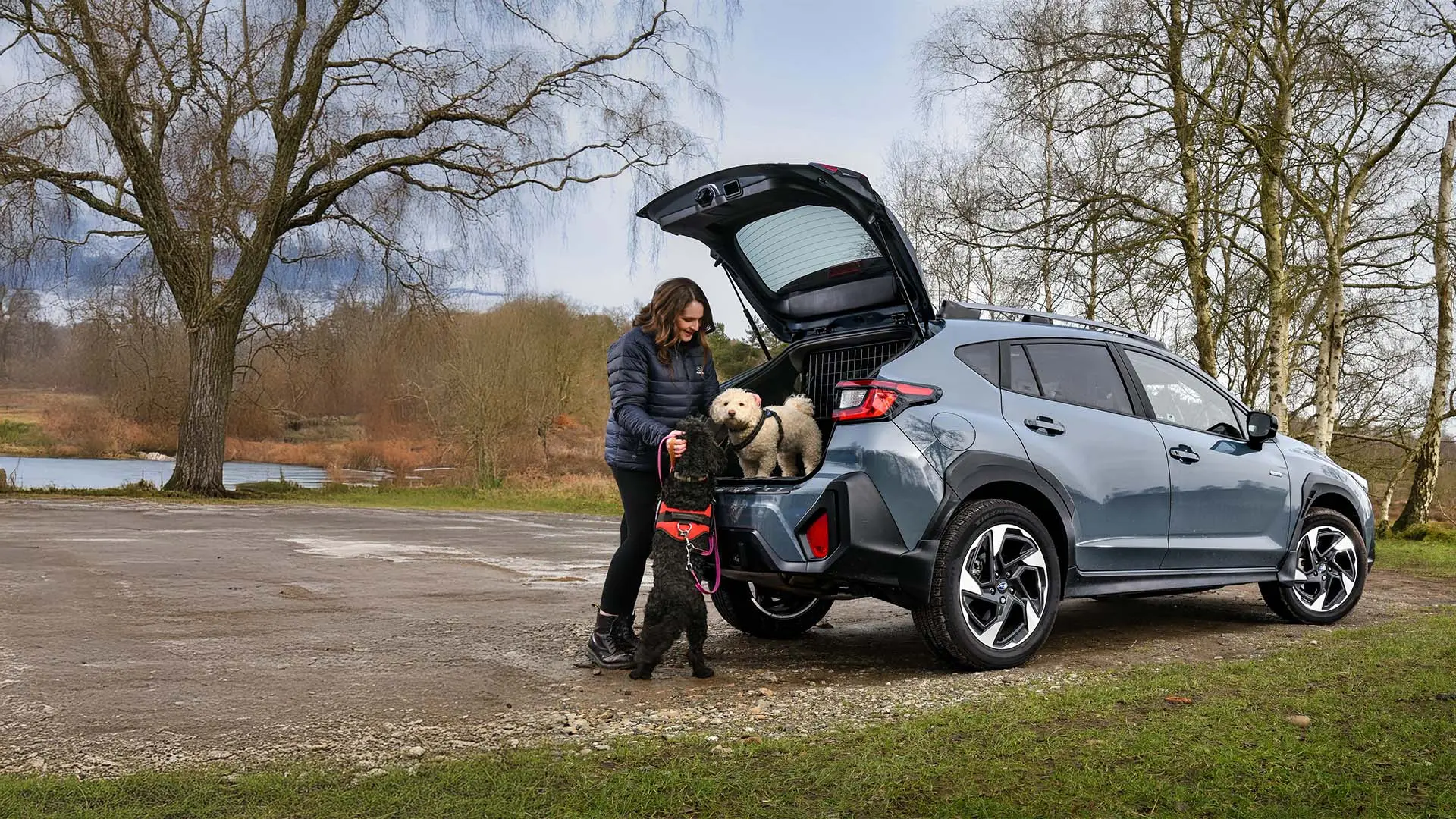
Subaru Helps Owners Travel Safer with Their Pets

Subaru UK Retailer Update and Awards 2026
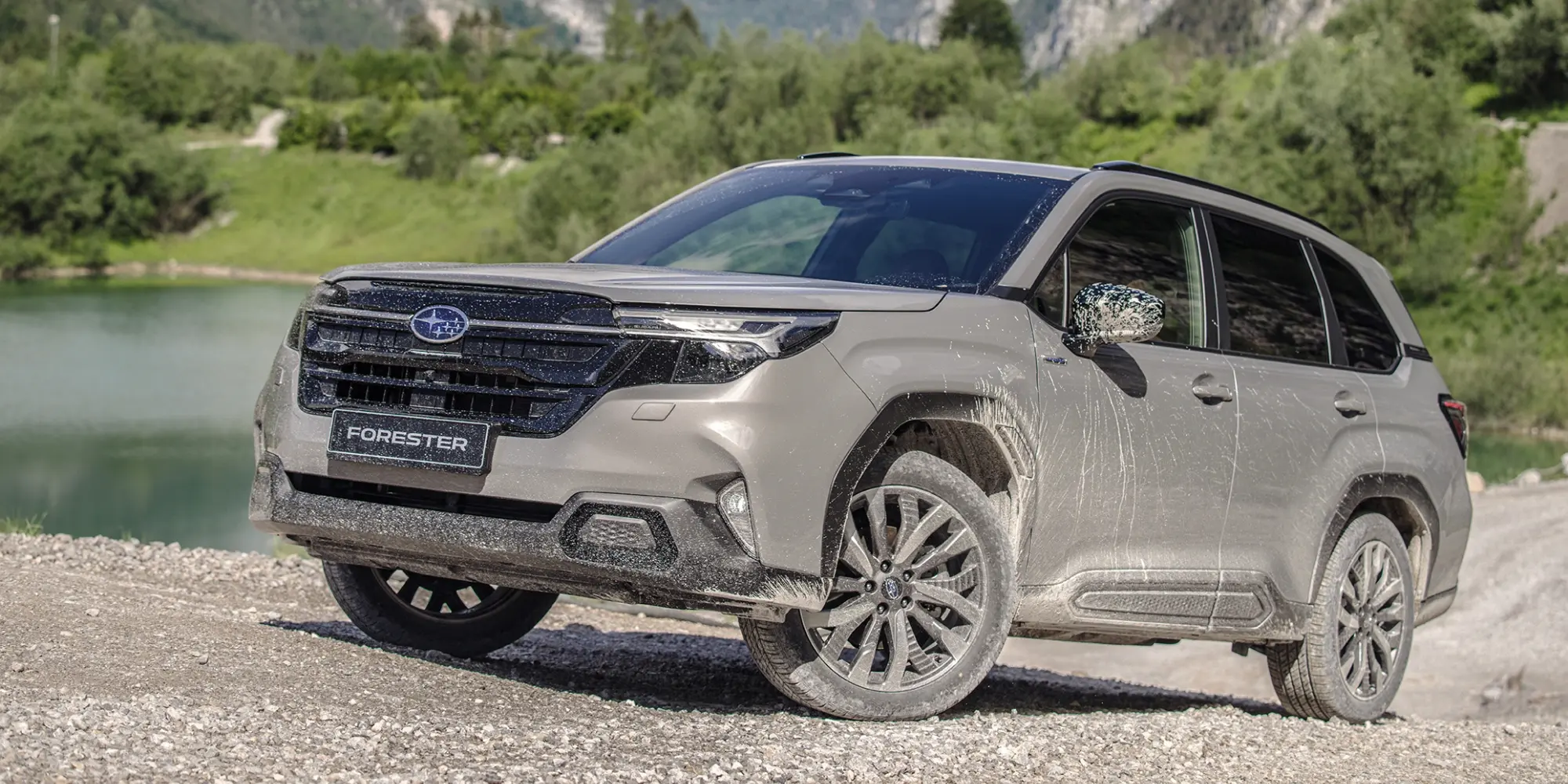
The benefits of hybrid cars
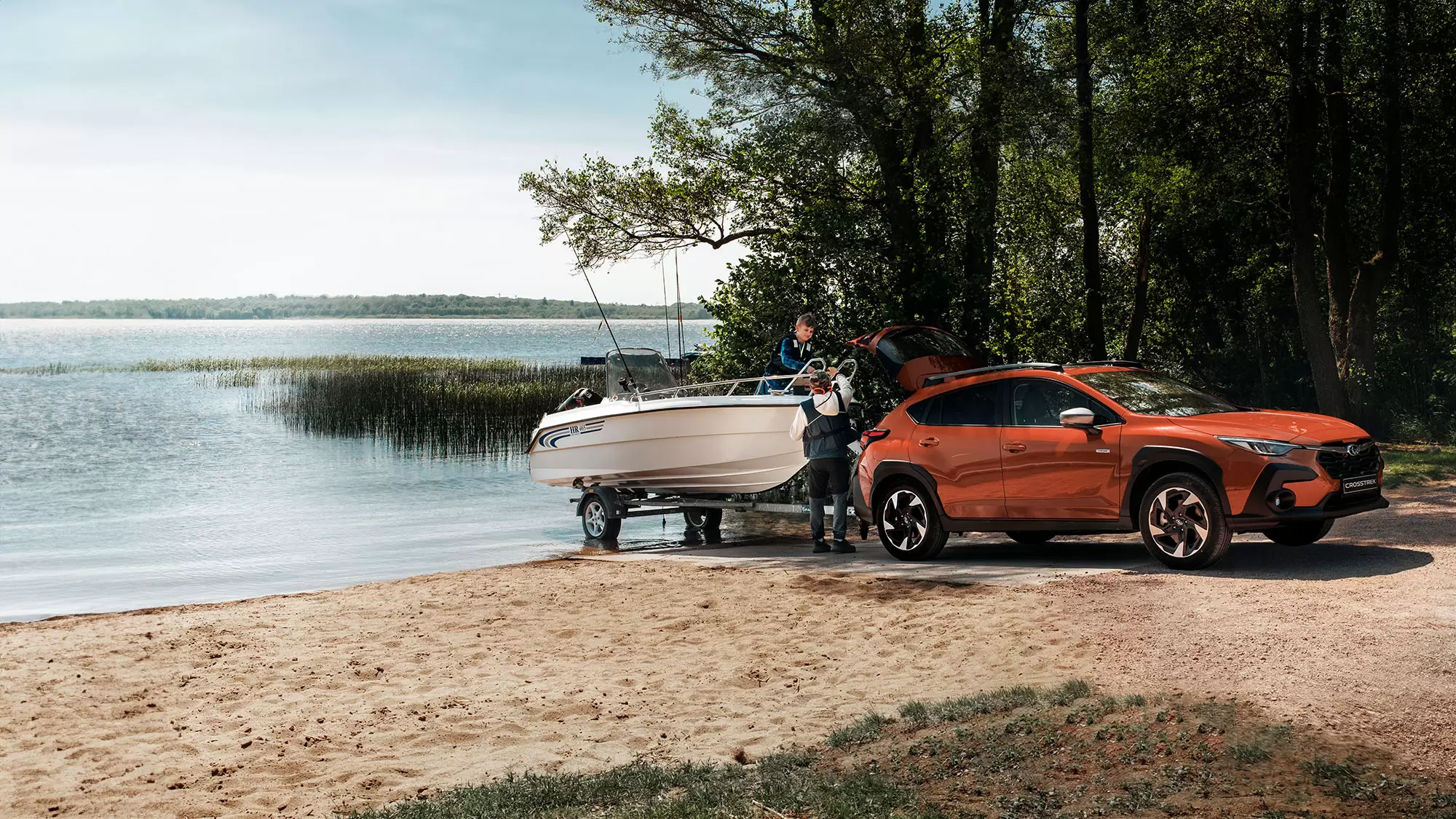
Self-charging hybrid cars: what they are & how they work
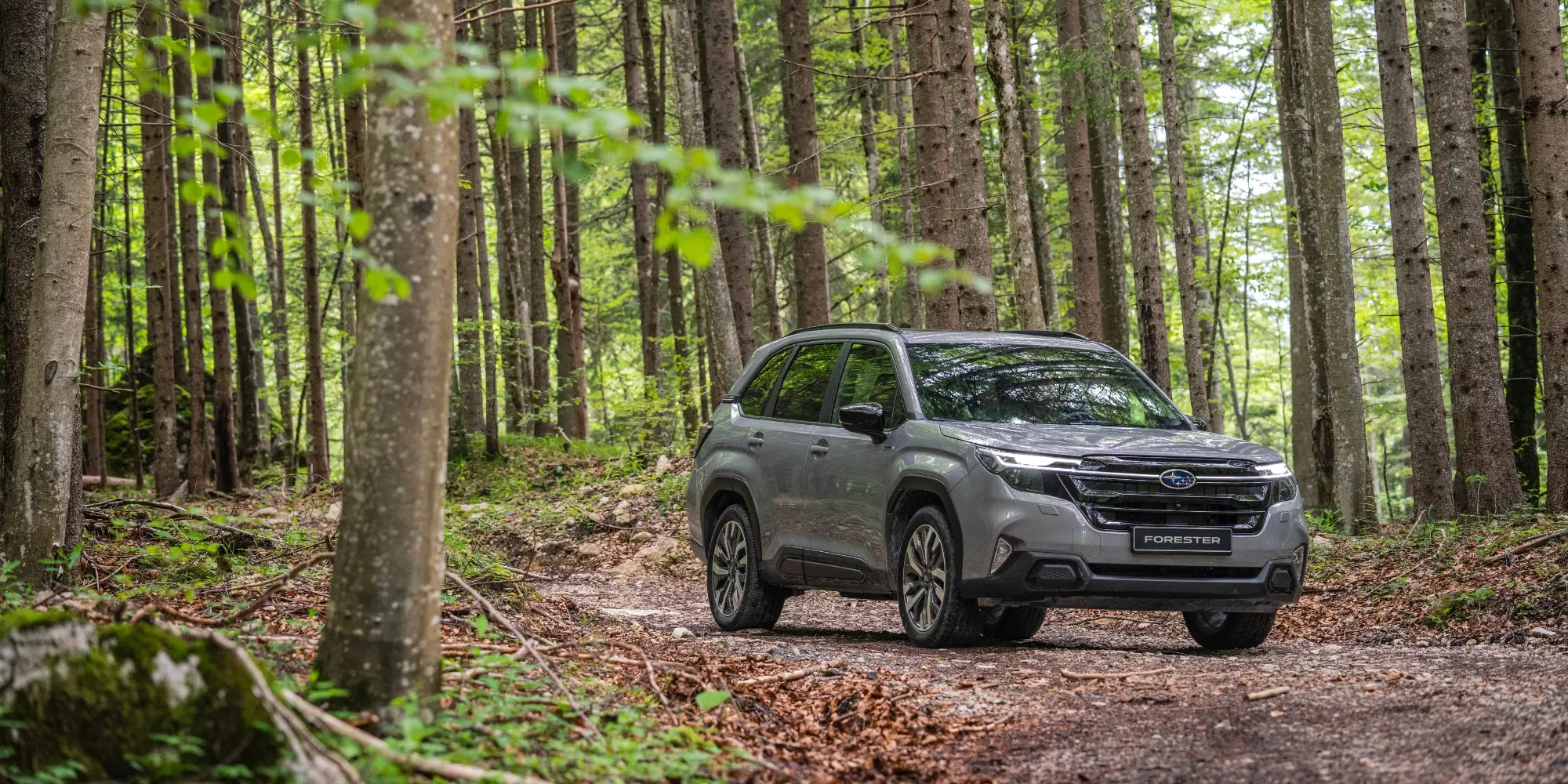
All-wheel drive cars: what they are & how they keep you safe
